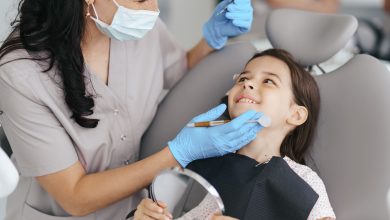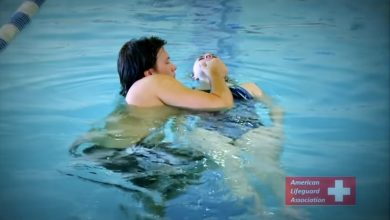What are the causes of knee fracture?

Your knee is covered with a bone which is called a knee cap. An injury on the kneecap is called a knee fracture. The fracture can be severe or mild depending upon the power of impact.
It can be treated by medication or physical therapies. However, some of the home remedies may also prove to be helpful.
What is a knee fracture?
The knee is covered with a bone which is called a kneecap or patella. An injury on the patella is called a knee fracture depending upon its severity.
While other bones around the knee can also get fractured but the patella is most likely to get fractured. It is also called a patellar fracture.
Why is the patella most likely to get injured?
Patella is the kneecap. It is a small bone in front of the knee. Its purpose is to protect the actual knee. As it is the outermost bone of the knee and is vulnerable. So in an accident or a direct blow on the knee may cause a crack in the patella.
Apart from this bone, the ends of the femur or tibia where they meet to form the knee joint can also be fractured.
What are the symptoms of knee fracture?
Following are the symptoms of knee fracture:
- Pain behind the knee.
- Severe swelling.
- Bruising.
- Difficulty walking.
- Inability to twist or bend the knee.
- Inability to bear any weight.
- Severe pain.
- Difficulty stretching the leg.
What knee injury causes pain behind the knee?
Menisci are the pieces of cartilage, when the rear end of the meniscus is torn then it causes pain behind the knee. Moreover, direct trauma to the knee may also cause pain behind the knee.
One of the most common symptoms of this is Pain in the knee joint ( inside, outside, or back of the knee).
What are the causes of knee fracture?
Following are the causes of knee fracture:
- A car accident where your knee might hit something
- A strong blow on the knee
- Falling and directly hitting your knee
- Gunshot wounds
- Sports where you might hit your knee
- A muscle imbalance
What are the risk factors?
Risk factors for knee fracture might include:
- A previous injury.
- Excess weight.
- Sports (especially athletes are more likely to get injuries).
- Low muscle mass.
- Osteoporosis.
How to Treat Pain Behind Knee at Home?
If you’re simply having some general knee pain, you may try treating it at home by the following methods.
-
R.I.C.E.
The R.I.C.E. method involves rest, ice, compression, and elevation:
- Rest by stopping activities that make your knee hurt.
- Ice by applying cold packs to your knee for 20 minutes at a time, several times throughout the day.
- Compress to prevent swelling. You can find elastic bandages at most drug stores. Resist the urge to wrap your knee too tightly. Light but snug tension is best. Be sure to leave a hole open over your kneecap.
- Elevate your knee as often as you can. You can lie down and prop your knee up on pillows so it rests higher than your heart.
-
Massage:
Massage with a licensed massage therapist helps ease tension in the muscles that surround your joints, it also gives your relief when squatting. However, Sports massage may be best for injuries related to sports and overuse. The technique is similar to Swedish massage, but it focuses specifically on affected muscles.
-
Ginger Extract:
Ginger oil, ginger extract, or raw ginger are all good for your knees. You can make ginger tea and drink it twice daily to get relief from knee pain.
-
Physiotherapy:
Physiotherapy can help prevent knee pain and eliminate it when squatting. However, it also tightens loose knee muscles. Also, a physiotherapist prescribes you the right exercises for knee pain.
What are the treatments for knee fracture?
There are surgical and non-surgical treatments for knee fracture:
- Non-surgical treatments:
1. Braces and casts:
Braces and casts help you reduce pain, swelling, and reduce muscle spasms.
2. Medications and supplements:
Your doctor may suggest certain medicines and supplements relieve the pain and boost the healing process.
3. Physical therapy:
A physical therapist suggests exercises that are good for strengthening your knee. Simple weight-bearing exercises, such as leg raises and simple stretching and strengthening movements make your knees stronger and better.
4. Heat and cold compress:
Both heat and cold compress can be beneficial in lessening the symptoms of knee pain. But the treatment you choose depends on the type of pain you are suffering from. If there is inflammation then you should avoid heat compresses as it can make the situation worse. Heat therapy is best for chronic pain like arthritis. In case of sports injury, apply a cold compress.
What are some prevention tips to prevent a knee fracture?
Here are some tips to prevent knee injuries:
- Exercises.
- Replace shoes.
- Avoid lifting weights.
- Lose weight.
- Avoid smoking.
All these things help in preventing knee fractures.




